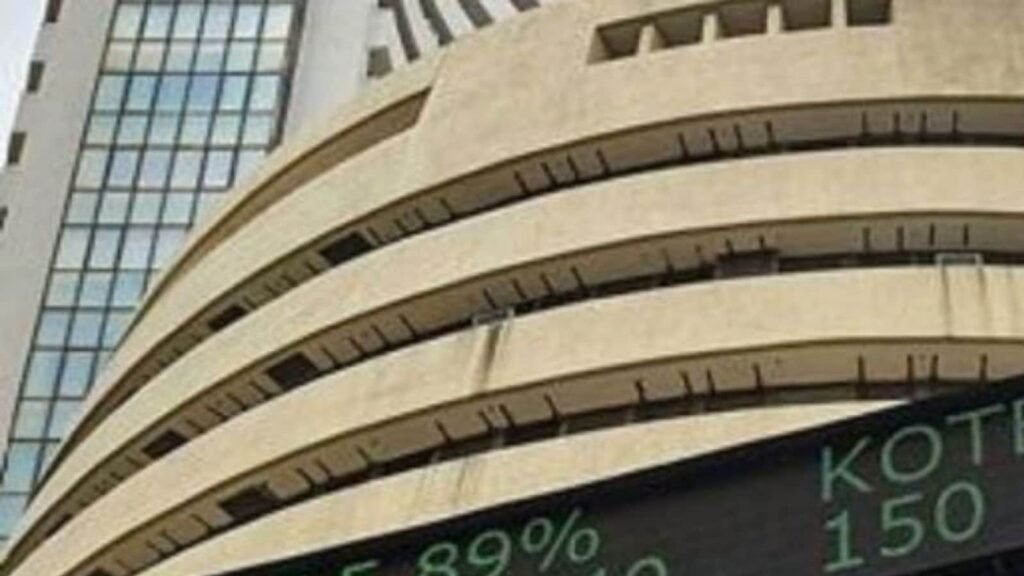Equity benchmark indexes took a significant plunge on Monday with BSE Sensex plummeting 475.16 points to 82,151.07 and the NSE Nifty dropping 88.95 points to 25,238.10, following US President Donald Trump’s decision to hike H-1B visa fees to $100,000 per worker.
Sun Pharma, Bharat Electronics, Axis Bank and Tata Steel were also among the stragglers.
However, Adani Ports, Eternal, Trent and Bajaj Finance were among the ones that profited.
“The market is likely to witness a dualistic behaviour today with the IT sector getting impacted by the H-1B visa issue and the domestic consumption themes responding to the potential big boost to consumption coming from the lower GST rates kicking in from today,” VK Vijayakumar, Chief Investment Strategist, Geojit Investments Limited, said.
The Asian markets exhibited mixed results with South Korea’s Kospi, Japan’s Nikkei 225, and Shanghai’s SSE Composite trading in positive territory, while Hong Kong’s Hang Seng dipped.
The US markets closed higher on Friday. Meanwhile, Brent crude, the global oil benchmark, rose 0.66 per cent to USD 67.12 a barrel.
Story continues below this ad
Foreign institutional investors (FIIs) purchased equities worth Rs 390.74 crore on Friday, according to exchange data.
The Sensex, on Friday, tanked 387.73 points or 0.47 per cent to settle at 82,626.23 and the Nifty declined 96.55 points or 0.38 per cent to 25,327.05.
Trump hikes H-1B visa fees to $100,000 a year
Trump on Friday signed a proclamation that will raise the fee for an H-1B visa to USD 100,000 annually.
According to the US government order, “The H-1B nonimmigrant visa program was created to bring temporary workers into the United States to perform additive, high-skilled functions, but it has been deliberately exploited to replace, rather than supplement, American workers with lower-paid, lower-skilled labor. The large-scale replacement of American workers through systemic abuse of the program has undermined both our economic and national security.”
Story continues below this ad
“Some employers, using practices now widely adopted by entire sectors, have abused the H-1B statute and its regulations to artificially suppress wages, resulting in a disadvantageous labor market for American citizens, while at the same time making it more difficult to attract and retain the highest skilled subset of temporary workers, with the largest impact seen in critical science, technology, engineering, and math (STEM) fields,” it added.
“The number of foreign STEM workers in the United States has more than doubled between 2000 and 2019, increasing from 1.2 million to almost 2.5 million, while overall STEM employment has only increased 44.5 percent during that time. Among computer and math occupations, the foreign share of the workforce grew from 17.7 percent in 2000 to 26.1 percent in 2019. And the key facilitator for this influx of foreign STEM labor has been the abuse of the H-1B visa,” it said.
It also said that “information technology (IT) firms in particular have prominently manipulated the H-1B system, significantly harming American workers in computer-related fields.
(With inputs from PTI)

